Nestlé Hellas, in collaboration with the program’s supporters, Google Hellas, McCann, Convert Group, Kritikos, Investing for Purpose, PetCity and Goody’s – Everest Restaurant Group, gathered the most crucial challenges they face and shaped the program’s thematic units, seeking innovative solutions that will respond in the best possible way both to the company’s needs and those of its customers and consumers.
The categories of the company’s products, for which innovative solutions are sought, are the following:

- Coffee (Instant, Greek, Espresso, Espresso, Filter, Capsules)
- Coffee, beverages and food products for catering professionals
- Chocolate products and chocolate drinks
- Breakfast cereals and cereal bars
- Baby food products
- Mineral & sparkling water
- Pet food
- Food Supplements
Below are the 4 thematic areas that you are invited to respond to by participating in the Ignite Ideas Program. These are:
- Data Analytics
- Environment & Sustainability
- Digital Solutions
- Innovative Physical (in-store) Solutions & Shopper Journey Experience Solutions

Data Analysis (Data Analytics)
Category 1: Quality Assurance and Visualization
- Develop solutions for automated quality assurance inspections utilizing advanced technologies (e.g., AI, Data Analytics, etc.)
- Develop adaptive visualization tools for data stemming from existing systems
Description: These challenges involve creating tools that ensure product quality through automated inspections and developing interactive visualizations to understand data better. Advanced technologies like artificial intelligence (AI) and data analytics can be used to detect defects or issues automatically. At the same time, adaptive visualization tools help make sense of complex data through user-friendly graphs and dashboards.
Indicative technologies: AI, machine learning, data analytics, computer vision, and data visualization software (e.g., Tableau, Power BI).
Category 2: Forecasting and Demand Prediction
- Develop forecasting solutions based on various inputs (e.g., loyalty card/sales, etc.)
- Develop solutions for utilizing Nestle data for demand forecasting
Description: This category focuses on developing solutions to predict future trends and demands by analyzing various data inputs. For instance, using sales and loyalty card data to forecast future sales trends and leveraging company-specific data, like that from Nestle, to predict demand more accurately.
Indicative technologies: Predictive analytics, machine learning, statistical models, big data processing tools (e.g., Hadoop, Spark), and data integration platforms.
Category 3: Customer Insights and Marketing
- Develop solutions for advanced data-driven customer profiles/segmentation/marketing
Description: These challenges involve creating solutions to understand customer behavior and preferences better. By analyzing data, businesses can develop detailed customer profiles and segment markets more effectively, leading to more targeted and personalized marketing strategies.
Indicative technologies: Customer relationship management (CRM) systems, data mining, machine learning, AI-driven analytics, and marketing automation tools.
Environment & Sustainability
Category 1: Environmental Awareness and Training
- Develop solutions for Raising Environmental Awareness / ESG training for Customers / Employees and Partners
- Develop solutions for monitoring and streamlining regulatory compliance processes (also related) to sustainability
Description: These challenges focus on increasing environmental consciousness and ensuring adherence to sustainability regulations. Solutions may involve developing educational programs for employees, customers, and partners to raise awareness about environmental, social, and governance (ESG) issues, as well as creating tools to efficiently monitor and manage regulatory compliance related to sustainability.
Indicative technologies: Learning management systems (LMS), e-learning platforms, compliance management software, environmental management systems (EMS), and analytics tools for monitoring compliance.
Category 2: Sustainable Operations and Supply Chain Management
- Develop solutions for energy conservation and waste reduction in the facilities (production, warehousing, retail stores)
- Develop solutions for circularity in the overall supply chain
Description: This category addresses the operational aspects of sustainability, aiming to reduce energy usage, minimize waste, and promote circularity within the supply chain. Solutions might include implementing energy-efficient technologies, waste reduction strategies, and systems to enhance the recyclability and reuse of materials throughout the supply chain.
Indicative technologies: Energy management systems (EMS), IoT devices for monitoring and controlling energy usage, waste management software, supply chain management systems, and circular economy platforms.
Digital Solutions
Category 1: Customer Data and Personalization
- Develop solutions for customer data capture and automated analysis towards offering adding value services and experiences (e.g., using loyalty cards)
- Develop solutions for the redesign and monitoring of the Online Shopper Journey experience
- Develop solutions for loyalty programs that enable the elicitation of advanced data (Reviews / Evaluations / Loyalty card / Personalized marketing campaigns / Environmental product selection / Customer complaints)
- Develop AI-powered chatbots / Smartphone apps for Personalized Customer Support
Description: These challenges involve capturing and analyzing customer data to enhance services and create personalized experiences. Solutions may include using loyalty cards to gather customer data, designing loyalty programs to collect detailed feedback and preferences, and developing AI-powered tools like chatbots and smartphone apps to provide personalized customer support.
Indicative technologies: Data analytics, machine learning, AI, CRM systems, chatbot platforms, and mobile app development frameworks.
Category 2: Online Shopper Experience
- Develop solutions for redesigning/monitoring the Online Shopper Journey Experience
Description: This challenge focuses on improving the online shopping journey for customers. Solutions might involve redesigning the website or app interface, monitoring user interactions, and enhancing the overall online shopping experience to increase customer satisfaction and engagement.
Indicative technologies: User experience (UX) design, web and mobile development, A/B testing, analytics tools, heatmaps, and customer feedback systems.
Category 3: Production Optimization
- Develop solutions for the optimization of coffee production in the factory
Description: This challenge aims to optimize the production processes in a coffee factory. Solutions could include implementing advanced technologies to streamline operations, reduce waste, improve efficiency, and ensure consistent product quality.
Indicative technologies: IoT, process automation, machine learning, predictive maintenance systems, and production management software.
Innovative Physical (in-store) Solutions & Shopper Journey Experience Solutions
Category 1: In-Store Experience and Accessibility
- Develop solutions for redesigning/monitoring the Shopper Journey Experience within the store taking into consideration inclusivity and people with special needs
- Develop solutions for in-store navigation and data elicitation from the customers
Description: These challenges focus on enhancing the in-store experience by making it more inclusive and user-friendly. This includes designing solutions that cater to people with special needs and improving in-store navigation to help customers find products easily while also gathering data on their preferences and behavior.
Indicative technologies: Assistive technologies, indoor navigation systems, beacon technology, data analytics, and customer feedback systems.
Category 2: Store Layout and Interactive Solutions
- Develop solutions for redesigning the store layout and product placement under different contexts (e.g. periodical promotions/seasons / special occasions)
- Develop solutions with interactive displays/kiosks for the customers
Description: This category involves optimizing store layouts and product placements for various contexts such as promotions and special occasions. It also includes implementing interactive displays and kiosks to engage customers and provide them with information or personalized recommendations.
Indicative technologies: Spatial analytics, digital signage, interactive kiosks, augmented reality (AR), and retail management software.
Category 3: Omnichannel Marketing and Sales
- Develop solutions for omnichannel marketing and sales
Description: This challenge focuses on creating a seamless shopping experience across multiple channels, integrating online and offline sales and marketing efforts to provide a cohesive customer experience.
Indicative technologies: Omnichannel retail platforms, CRM systems, marketing automation tools, and e-commerce integration solutions.
© 2020 – 2024 Ignite Ideas All Rights Reserved. Powered by ACEin.

